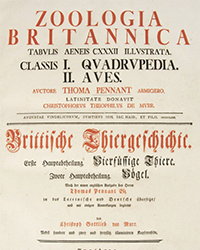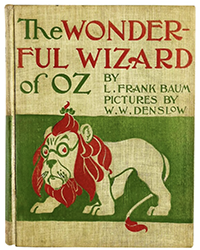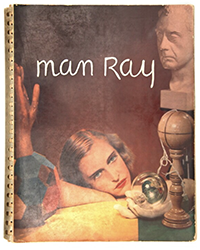A battle is brewing between an ancient source of information, the book and its authors, versus a new invention, the chatbot and its developers. The chatbot is a program that can answer whatever questions you throw at it. The grandaddy (all of three years old) and most famous chatbot is ChatGPT. It uses artificial intelligence (AI) to quickly sort through reams of information to answer your every question. But, where does it get that information? One of the major sources is books, copyrighted books. When the chatbot uses that information to answer your questions, the authors and publishers of those books get nothing. That makes them sad (perhaps a better word is “angry” or “POed”).
Some authors are angry enough to go to court. There are various cases floating around out there but a notable one pits comedian and writer Sarah Silverman against Meta, operator of Facebook, headed by Mark Zuckerberg. Meta's chatbot, Llama, is the culprit here.
It is alleged that Meta used the LibGen (Library Genesis) dataset to train its Llama chatbot. LibGen is a notorious, shadowy entity, possibly operating out of Russia. It's dataset contains over 196,000 pirated books. LibGen has been in the news before for “lending” its pirated books free of charge without compensating the authors. LibGen infringes on authors' copyrights and operates illegally but it doesn't matter. They can't be shut down or forced to pay because they can't be found. They regularly change their urls to avoid being shut down. LibGen is no small operation, receiving an estimated 9 million visits per month from the U.S. to “borrow” books. It is supported by donations (accepted in untraceable bitcoin only).
What Meta has been accused of doing is using this large pirated database of books to supply Llama with much of the information it needs to answer users' questions. The plaintiffs have alleged that approval to do so came from the top, Mr. Zuckerberg himself. This claim has focused on the use of pirated (illegally obtained) books, but that perhaps is not the biggest issue here. What if the books were legally obtained, purchased, borrowed from a physical library, or received as gifts. Would that be any better from a copyright standpoint? Probably not.
In Meta's opinion, this use of the authors' work fits under the “Fair Use” exception to copyrights. “Fair Use” is what lets you quote from a book, write a review or book report, use information you found therein to write something of your own, without violating its copyright. Generally speaking, if you change what you read, add your own twist, copy only a small portion, and such, you are not guilty of copyright infringement. What Meta is doing, leaving aside the issue of using LibGen's pirated texts, is both copying the entire book, but then only sharing a small, rewritten portion such as might be expected to pass the Fair Use text.
This will have to play out in court but the Judge seems less than impressed with the arguments made by the authors. The reality is that chatbots provide very useful information. You probably use one to answer your questions. It's sort of like speaking to a very learned individual. Practically speaking, paying 196,000 authors some small pittance each would be an absolute nightmare, and they might not agree to such an arrangement anyway. It's not that they don't deserve anything, but it probably isn't a lot, and making such demands might force the shutting down of this very new and useful technology altogether. Progress is hard to stop, even if some people feel hurt by it, and my guess is the courts will not do so here.


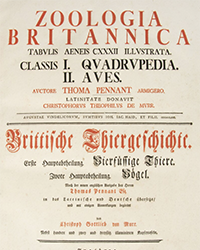
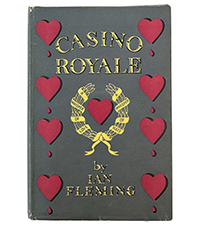
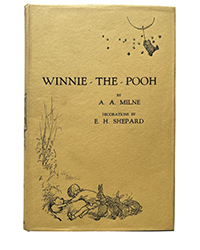
![<b>Sotheby’s:</b> Ernest Hemingway. <i>Three Stories And Ten Poems,</i> [Paris], (1923). First edition of Hemingway’s first published book. $75,000. <b>Sotheby’s:</b> Ernest Hemingway. <i>Three Stories And Ten Poems,</i> [Paris], (1923). First edition of Hemingway’s first published book. $75,000.](https://ae-files.s3.amazonaws.com/AdvertisementPhotos/acf970a0-a15d-4c79-aa24-5e8e414cb465.png)
